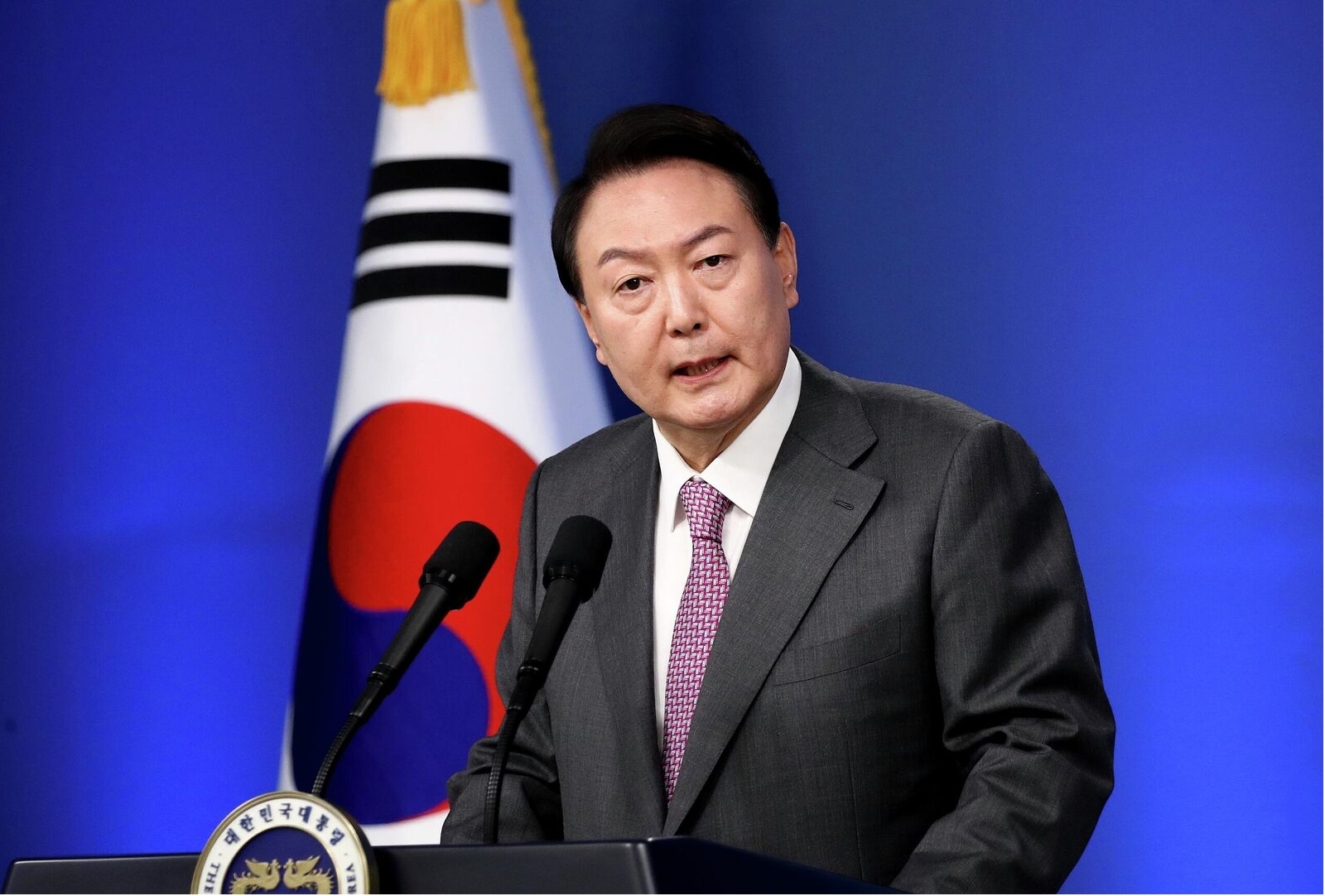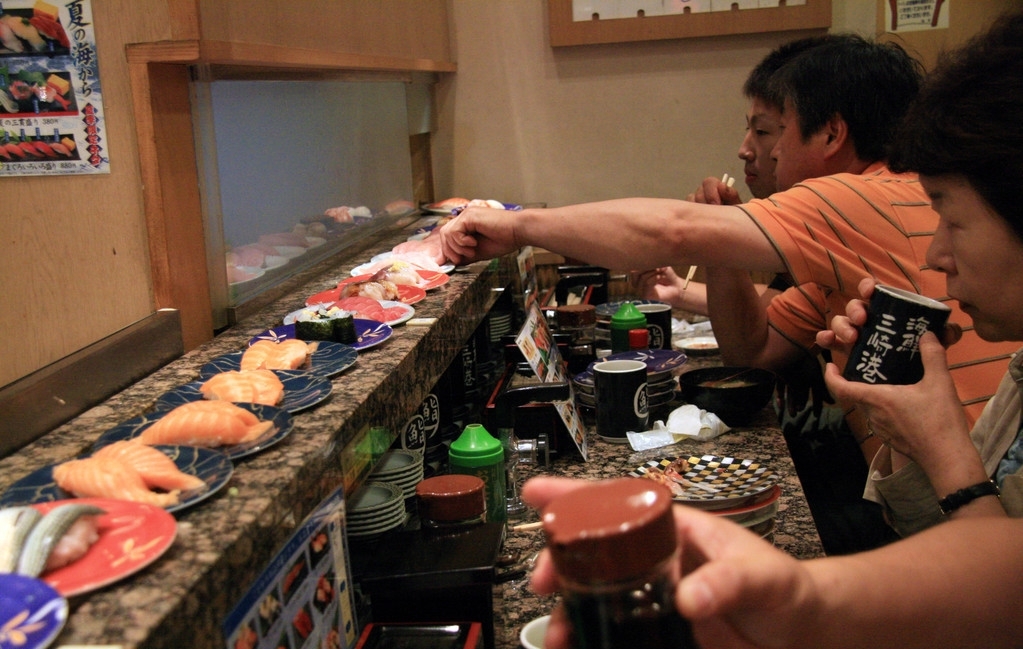
In recent days, South Korea's political situation suddenly changed, South Korean President Yoon Seok-yoon announced the implementation of "emergency martial law", the news quickly triggered a violent shock in the global financial markets. As one of the important economies in Asia, South Korea's financial stability is not only related to the lifeline of its own economy, but also affects the nerves of global investors.
Financial markets gyrated wildly
South Korea's financial markets were quickly thrown into turmoil after Mr. Yoon declared emergency martial law. The South Korean won fell sharply against the dollar, hitting its lowest level in more than 15 years to 1,446 won at one point. This reflects extreme concern about the political situation in South Korea, and investors are selling the won in search of safe-haven assets. At the same time, the South Korean stock market also fell sharply, and the share prices of major South Korean companies listed in the United States showed significant declines. South Korea's KOSPL index continued to fall after the martial law was issued, and the market was in a panic.
The cryptocurrency market was not spared either, with the price of bitcoin on a South Korean cryptocurrency exchange plummeting from 134 million won (about $94,500) to 88 million won (about $62,100) and briefly becoming untradable. This series of data shows that the impact of the South Korean coup on the financial market is comprehensive and far-reaching, from traditional financial markets to the emerging cryptocurrency market.
Exchange rate fluctuations and rising import costs
The sharp depreciation of the won exchange rate has not only increased market anxiety, but also had a substantial impact on the Korean economy. The depreciation of the won has increased the cost of imported goods in South Korea, which is undoubtedly a heavy blow to the South Korean economy, which relies on imported resources. Rising costs will feed through to production, pushing up consumer prices and putting pressure on inflation.
In addition, the depreciation of the won may also affect South Korea's international trade competitiveness. In the context of globalization, exchange rate changes directly affect the price advantage of a country's export products. The depreciation of the won will weaken the price competitiveness of Korean products in the international market, which will have a negative impact on export companies. This is undoubtedly a huge challenge for the Korean economy, which is highly dependent on exports.
Stock markets and corporate shares fell
South Korean stocks fell quickly on news of the coup, reflecting investor concerns about the country's economic outlook. The iShares MSCI Korea ETF fell 5.1 percent in the U.S. market, marking its biggest one-day decline since Aug. 5. London-listed shares of Samsung Electronics also fell sharply, reflecting global investors' uncertainty and concerns about the South Korean economy.
Shares of Korea Development Bank, Korea Bank Financial and PoSCO were also hit hard. The decline in the share prices of these companies not only reflects the market's concerns about the overall economic environment in South Korea, but also indicates that investors are cautious about the operating conditions of these specific companies. The decline of the stock market not only leads to the decline of investor wealth, but also may trigger a chain reaction, affecting the financing environment and investment confidence of enterprises.
International financial market reaction
The coup in South Korea not only caused a shock to the domestic financial market, but also triggered a chain reaction in the international financial market. Global investors dumped South Korean assets, sending South Korea-linked ETFs, the Korean currency, the won, and shares of South Korean companies listed overseas down. The Korea iShares MSCI Index Fund fell as much as 7.1 percent before paring losses to 1.64 percent. Shares of Samsung Electronics fell as much as 7.5 percent in London.
This series of data shows that the coup in South Korea not only has a shock to the domestic financial market, but also has a profound impact on the global financial market. In the context of global economic integration, political turmoil in any country may trigger volatility in global financial markets. The coup in South Korea has undoubtedly added to global investors' unease about the business environment, leading to turmoil in global financial markets.
Overall, the impact of the South Korean coup on the local financial sector cannot be ignored. In the context of globalization, political turmoil has become one of the important factors affecting the stability of financial markets. We need to pay close attention to the development of the political situation in order to make sound investment decisions.

Recently, the Japanese food industry is undergoing an unprecedented price adjustment.
Recently, the Japanese food industry is undergoing an unpre…
Artificial intelligence has created a device that converts …
China Japan relations have become tense due to erroneous st…
The Federation of German Industries (BDI) has recently issu…
The latest annual report from the United Nations Conference…
On December 4, 2025, the U.S. stock market once again stage…